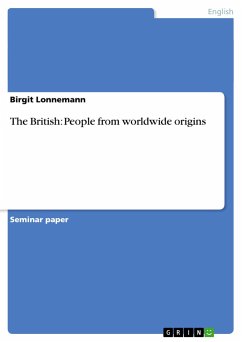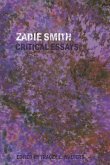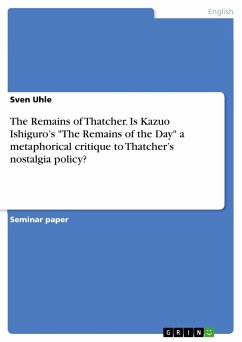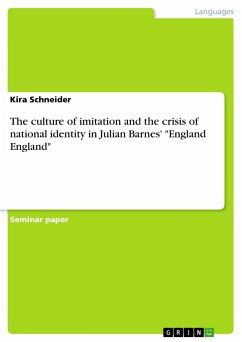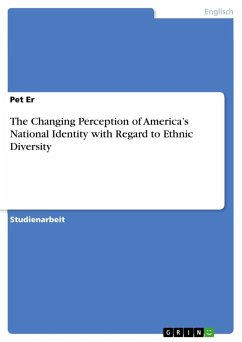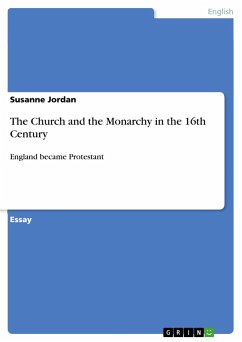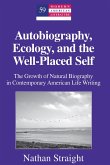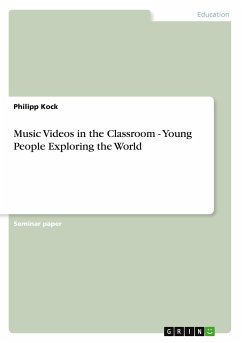Seminar paper from the year 1999 in the subject English Language and Literature Studies - Culture and Applied Geography, grade: 1,7, University of Osnabrück (Fachbereich Sprach- und Literaturwissenschaften), course: Constructing Britishness: Fiction, Film, Press, language: English, abstract: "We call our islands by no less than six different names,England, Britain, Great Britain, the British Isles, theUnited Kingdom and, in very exalted moments, Albion." This quotation taken from George Orwell's essayEngland, Your England (1941) clearly shows that the namesquoted above are often used as synonyms, although theypatently are not. So it is no surprise that some people definethemselves as being "Englishsorrybritish" - a term whichoccurred in the newspapers several times over the last fewmonths. A lot of people seem to be quite confused about theiridentity, about who they are and where they belong. But usingthe words "English" and "British" interchangeably is, in myopinion, not very fair - especially with regard to the inhabitantsof Scotland, Wales and Northern Ireland.In fact, the so-called United Kingdom of Great Britainand Northern Ireland comprises four different indigenousnations: English, Scottish, Welsh and Northern Irish. Andconsidering the fact that the British Isles (cf. map 1, page 2) - ofwhich the United Kingdom3 is a part - have attracted settlersand immigrants for several centuries, it is not surprising that thecontemporary British are a very diverse people, or - as is statedin the title of my paper - people from worldwide origins. Thequestion arises whether the majority of people in the UnitedKingdom consider themselves to be British or rather to beEnglish, Scottish, Welsh, Northern Irish or part of any othercommunity often referred to as a so-called ethnic minoritygroup.

